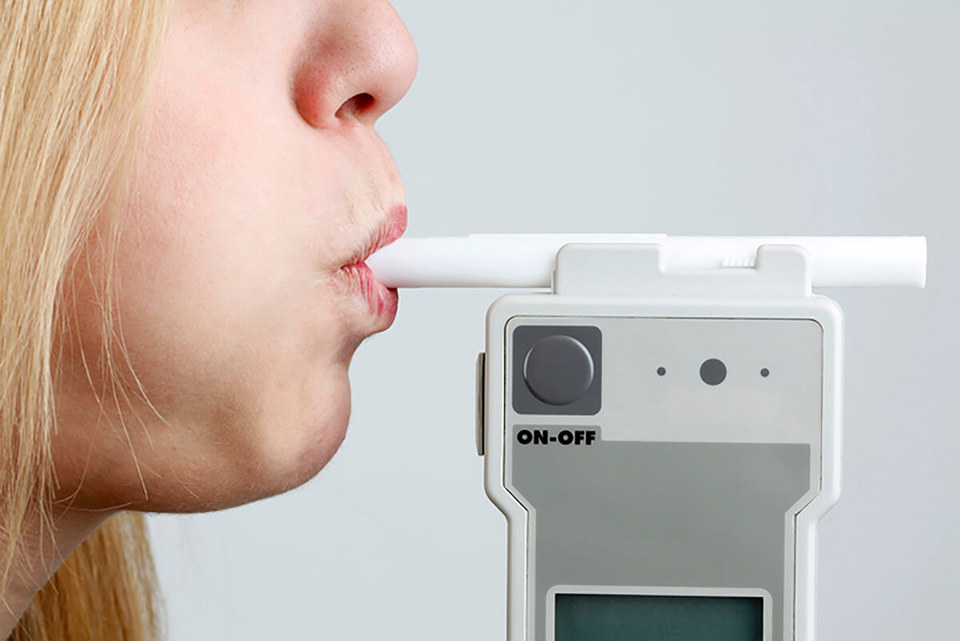Transport Minister Robert Goodwill has urged car passengers to speak out against drink-drivers after 1 in 4 admitted to being too self-conscious to say anything.
Research for the THINK! Easter Drink-Drive campaign showed that a quarter of respondents admitted they had been in a car where the driver has been over the alcohol limit but said nothing because they were too embarrassed.
Goodwill said: "Everyone knows that drinking and driving is not only against the law, it's extremely dangerous. It may well be the responsibility of drivers to ensure they don't do it, but passengers can also discourage drinking and driving by speaking out.
"Clearly the majority of passengers feel confident enough to say something, but it is worrying that a significant proportion feel too shy to pipe up.
"I would urge anyone who sees someone attempting to drive after drinking to speak out confidently, take away their keys and call them a taxi. You could be helping them avoid a heavy fine, a driving ban or even a prison sentence. You could even be saving their life and the lives of others."
The research was commissioned in the lead up to the 50th anniversary of the hard-hitting drink-drive campaigns, the first of which was launched in 1964.
The research shows that the public attitude to drink driving has changed significantly in the past few decades, leading to a dramatic fall in the number of deaths due to drink driving on Britain's roads.
There were 240 deaths from drinking and driving in 2011, six times lower than in 1979, when detailed reporting of road accidents began and 1,640 people lost their lives as a result of drink-driving.
But the research also showed that some people, especially young people, still believe some myths about drinking and driving that may explain why some will get in a car with a driver that they suspect to be over the drink-drive limit.
• A third thought it was safe to drive if they waited a few hours after their last alcoholic drink.
• Two thirds would not be concerned about someone who drove after drinking with a meal.
The latest THINK! campaign, which will see a series of adverts broadcast on national and regional radio for 8 weeks, also urges people to plan their route home in advance after the research found that more than 30% or people would get in a car with someone over the limit if it were an emergency or if there was no other way of getting home.
Roger Singer, head of the charity Drink Driver Education, said: "In my job I meet a lot of people who have been convicted of drink-driving. Drivers don't realise that if you're drinking alcohol with a meal or all day during a sporting event or celebration, it can take a long while for the alcohol to leave your system.
"If you're planning on having a drink, then leave your car at home - this way you can enjoy yourself without putting yourself in temptation of getting in the car."

















Login to comment
Comments
No comments have been made yet.